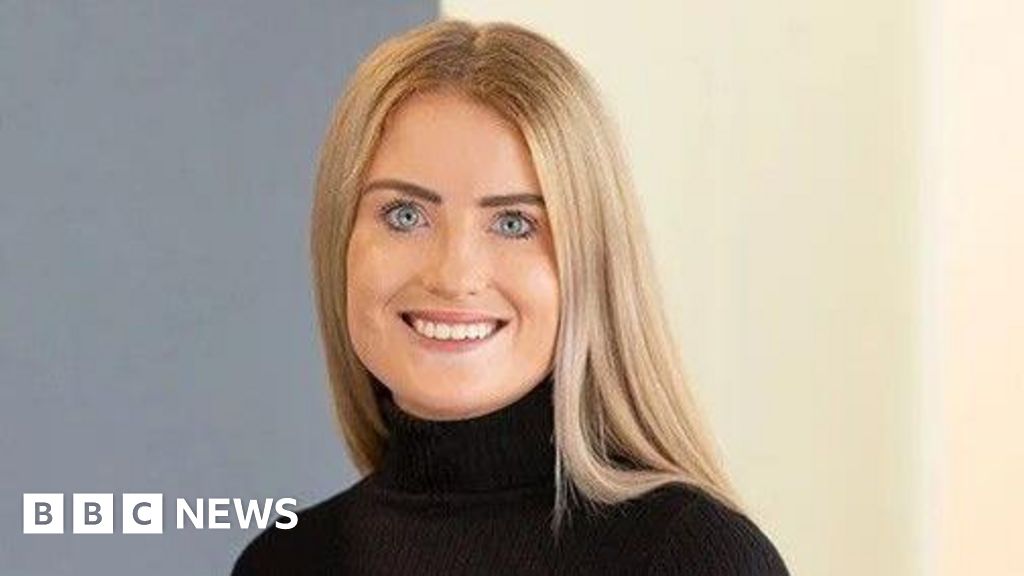World
Top community fundraising tips from the experts
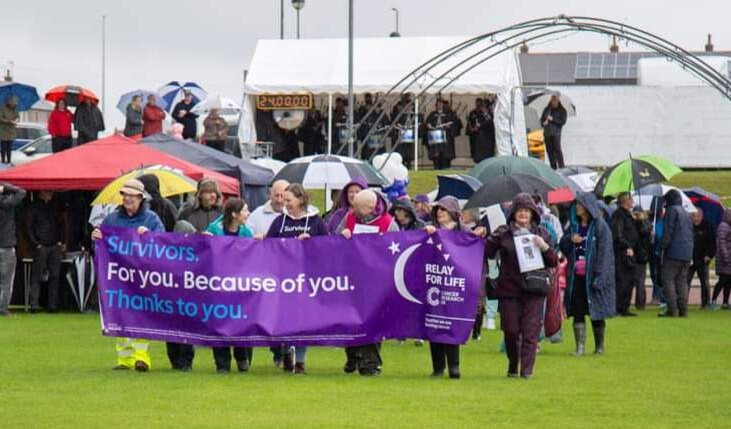

For this month’s community fundraising focus, we asked experts at 10 charities to share their top tips. Focusing on providing a great supporter experience came top, with other great tips including helping groups tap into their own networks when seeking support, regularly catching up with supporters, and building their connection to the cause.
Here’s what they said:
Share your passion for the cause


Abid Shah, Head of Community Fundraising at Action For Humanity advises fundraising teams to share their passion for the cause with supporters if they want to motivate them.
Advertisement
“Be driven by the cause. Be passionate about why you do what you do. Often fundraising teams focus so heavily on the ‘fund-raising’, they struggle to effectively articulate what they are raising funds for. In most cases, your supporters are driven by the cause and will respond positively to you if they feel your passion for it.
“Being cause-driven should mean:
- You are motivated by the knowledge that your fundraising is intended to have a hugely positive impact on your beneficiaries.
- Your supporters are inspired by your knowledge and enthusiasm for your charitable projects.
“Supporters are becoming increasingly ‘savvy’ and want to engage with fund generation teams that show a deep knowledge of their projects. They want to have a trusting relationship with the charities they are supporting. When your donor journey is centred around the cause, the language you use internally will go beyond fundraising targets to the impact of your work and the way you engage your supporters will change too.”
Work to build connection to the cause


Becca Dean, Community Fundraising Manager at Asthma + Lung UK says success is all about connection – between community fundraising team and supporters, and between supporters and the cause.
“Connection is at the heart of community fundraising and understanding your audience and their motivations helps build up these relationships. Building on their connection to the cause, it’s important to make communications personal and relevant.
“I’ve found including really personal touchpoints such as phone calls and handwritten cards into supporter journeys goes a long way in building these relationships and making supporters feel valued and inspired to continue their support. We like to speak directly with fundraisers on the phone – we get positive feedback after these conversations, and it can empower people to implement your fundraising tips.”
Help groups tap into their own networks


Simon Ledsham, Director of Fundraising at Cancer Research UK says they’ve seen community fundraising succeed best when they’ve been able to help groups tap into their own local networks.
“At Cancer Research UK, we feel honoured to have the support of over 350 local community fundraising groups, some of whom have been supporting us since the 1930s.
“We’ve seen successful community fundraising at its best when we can help our supporters tap into the powers of their local networks and be bold when asking for support.
“One of our groups, in Ballymoney Northern Ireland, is a recent example of this. They engaged with 25 local businesses to turn their town pink while fundraising for Cancer Research UK. There were shop window displays, competitions and raffles, cafés in the town selling pink themed treats and the local butchers wearing pink all week. The camaraderie within the community was palpable, as everyone felt a sense of pride for their town. The group raised an incredible £50,000 over the year, and an additional £5,000 by turning the town pink. Not only did they raise awareness of cancer research, but they also brought the community closer together, showcasing how powerful it can be when everyone joins in.”
Make your supporter comms about them
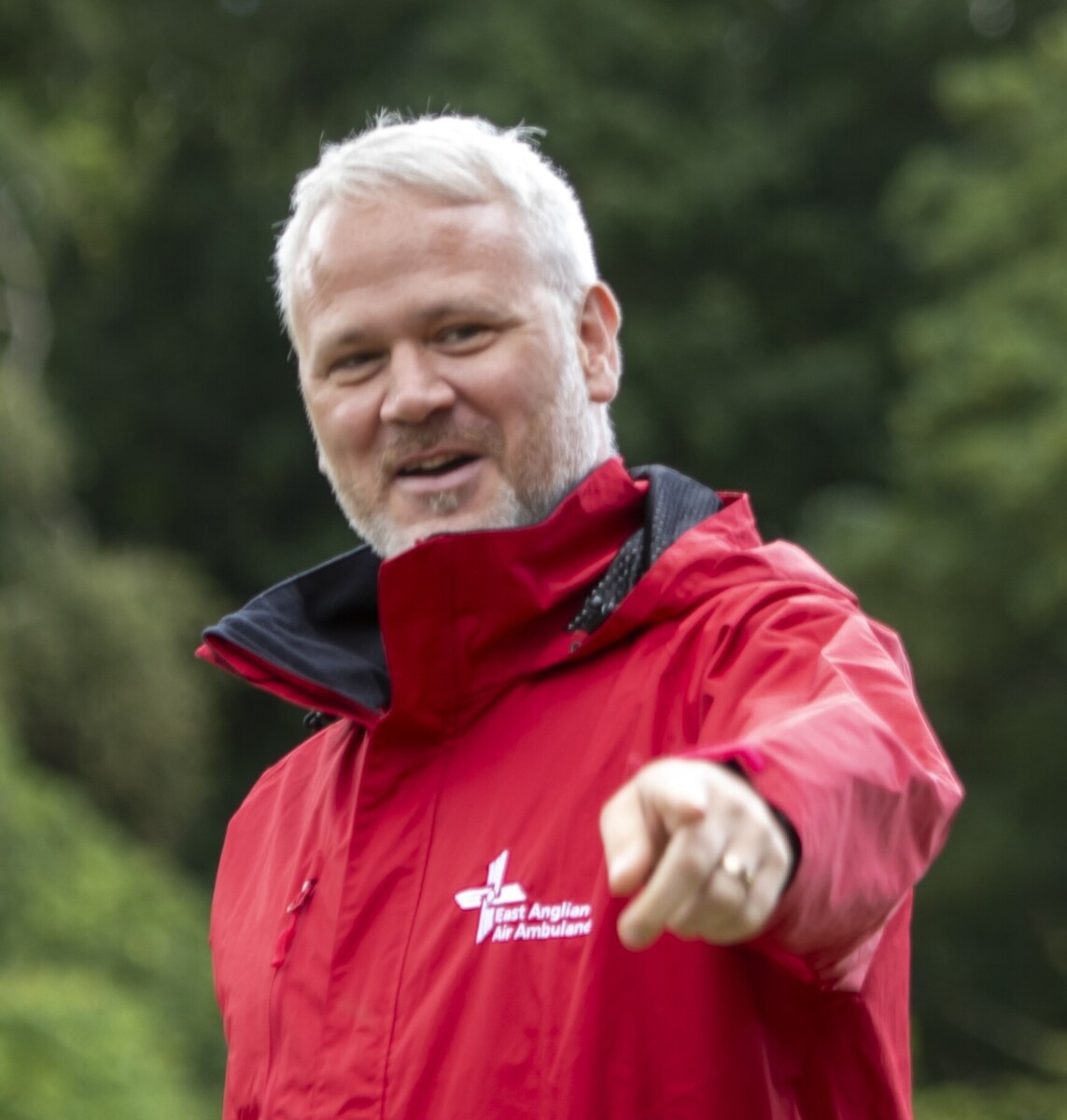

Stuart Wyle, Director of Fundraising and Supporters, East Anglian Air Ambulance advises really getting to grips with what the supporter needs, and making them feel special.
“My top tip is to be led by the supporter. Ask questions, listen to what they are telling you they need, and provide the right level of support tailored to them. Treat them as individuals and, although you will have well thought through supporter journeys, engagement points and thanking processes in place, be flexible and proportionate.
“Empower fundraisers and supporter engagement teams to identify and deliver opportunities for supporter “wow” moments. Is there anything the charity can do to make them feel special? These are often quite simple but effective. For example, if a supporter mentioned they couldn’t find a pen to take down some details and you had a joke about it on the phone, in your thank you include a branded pen with a note: “I always lose pens too so have one on us for being a brilliant supporter!” or, the supporter mentions their favourite Doctor, Paramedic or Pilot is Steve: Ask Steve to hand write a note in the supporter’s next communication to say thank you, or better yet, send them a quick video via email.
“Make sure all supporter communications are about “you” (the supporter) and not “us” (the charity). Emphasise what you have done help, what you have achieved, what difference you have made to the beneficiaries of your charity; keep it specific, tangible and relevant.”
Help supporters emotionally invest in the cause
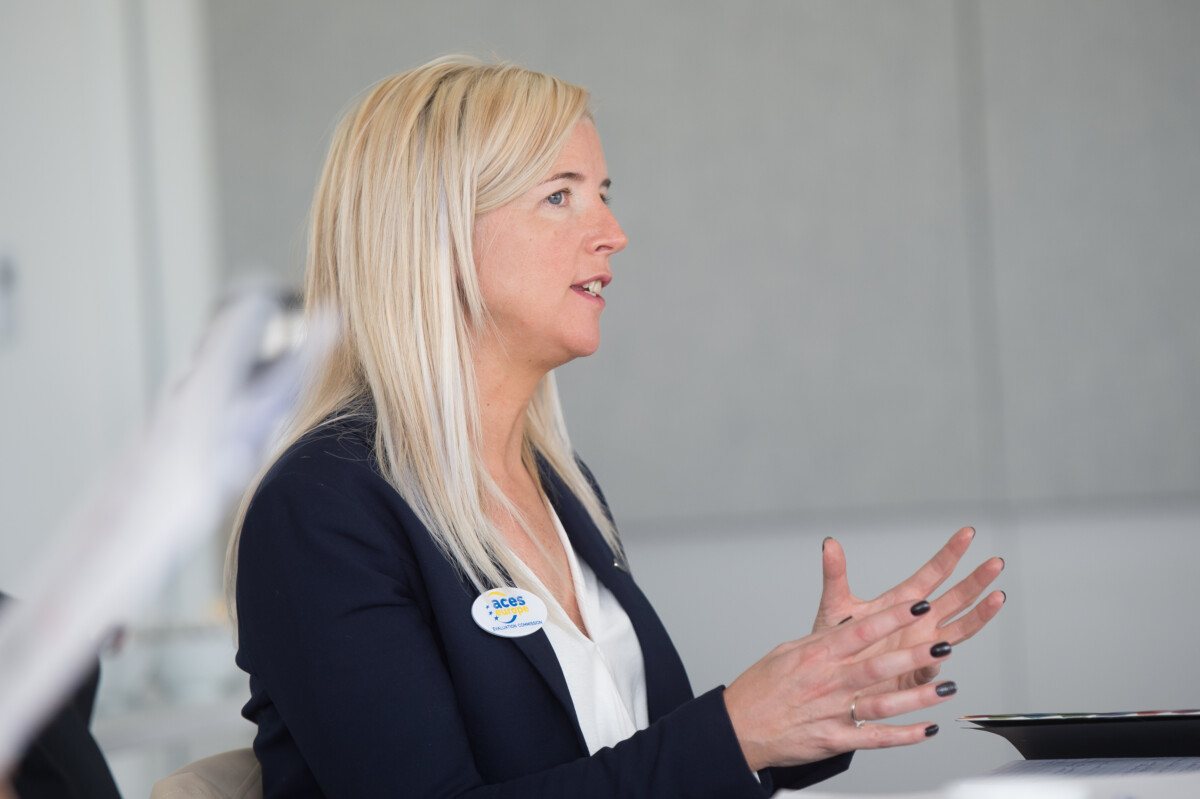

Michelle Vorel-Adams, Business & Innovation Director, The Feathers Association says creating emotional investment in the cause is essential.
“My top tip for success is to create emotional investment in your cause. A well-developed programme of community fundraising can foster a strong sense of connection. One of the most effective examples I am involved with at present has seen a large local organisation partner up with us since 2018, initially on a specific project but then evolving into a much broader range of support and activities, primarily because their people have become increasingly emotionally invested in our cause.
“Their people volunteer regularly with us, support with mentoring for our young trainees, fundraise for us through events, and this year the organisation is even sponsoring a redevelopment of our ICT Suite. This is all because their people are engaged in what we’re doing through personal interactions, first-hand activities with our young people, and meaningful opportunities to contribute – like challenging our kids to create the design for them to wear on t-shirts when over 300 of their people took part in a local 5K run raising money for our charity, creating lasting memories for the kids and the 300 runners and further enhancing the positive association with our charity.”
Treat fundraisers as individually as possible
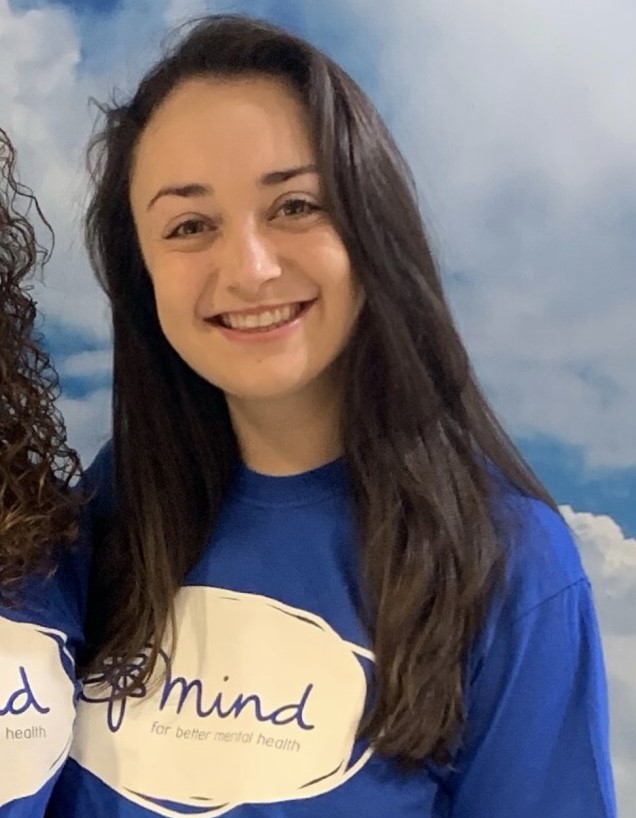

Katie Quick, Mind’s Community Fundraising Manager shares how working on making the fundraiser’s journey as individual as possible has helped them.
“Mind’s Community Fundraising team support volunteer fundraisers that hold their own fundraising activities in aid of Mind. The activities vary significantly, from music gigs, to school fundraisers or even overseas trekking challenges – no two days are the same.
“Each year brings new fundraising trends to adapt to and putting our supporter experience at the heart of our strategy has been key to our fundraising success. We have focused on incremental ways to improve our fundraiser stewardship journey to give them as much of a bespoke fundraising journey as possible. These include reporting on our supporter’s motivation for fundraising, and tailoring our communications via dynamic content on emails. For example, those motivated by an active challenge receive tailored content with access to training plans.”
Leave the fundraising to the fundraisers
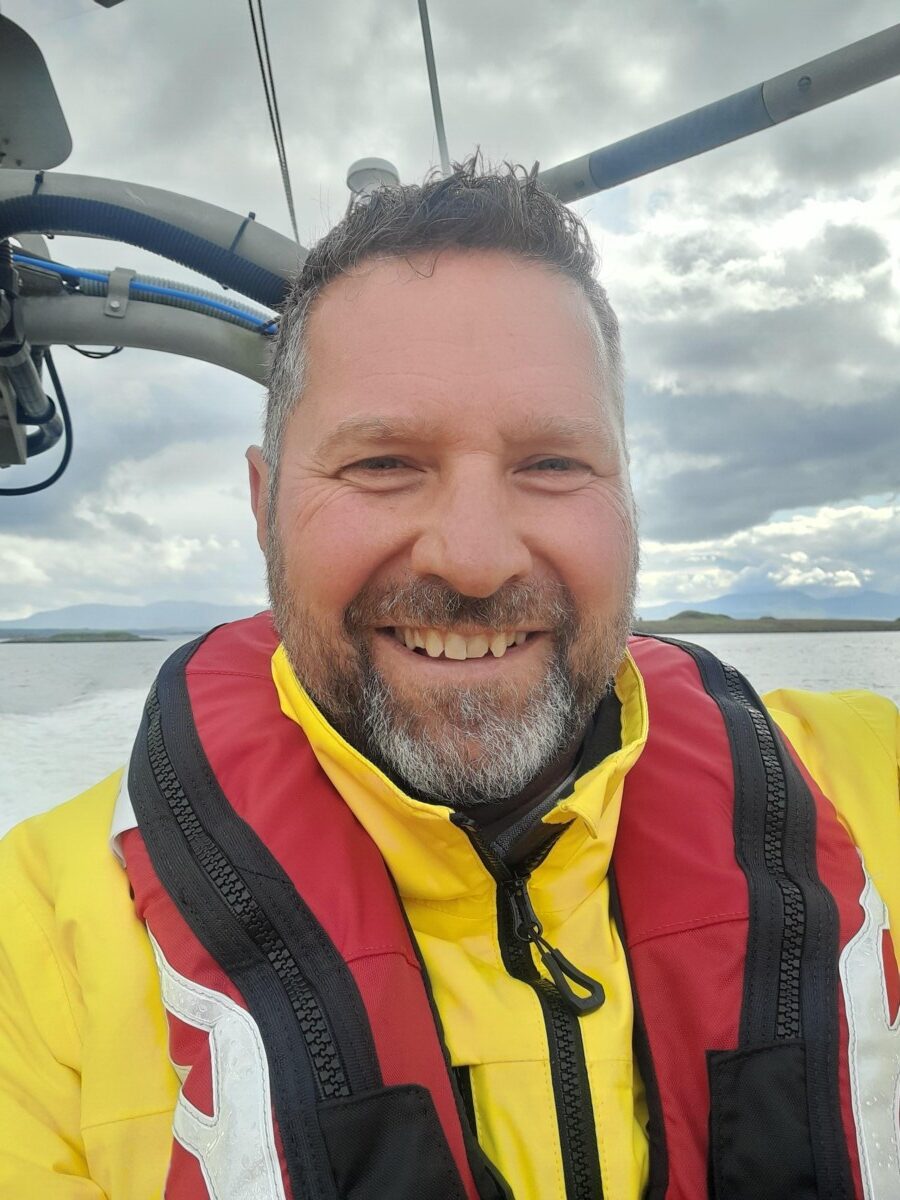

Peter Emmett, RNLI Head of Engagement, notes the importance of ensuring a charity’s community fundraisers keep their focus on supporting their communities rather than on fundraising.
“It is critical that your Community Fundraisers – those who recruit, train and empower volunteers to fundraise – are totally focused on supporting their volunteer communities and not actually being the ‘fundraisers’ themselves.
“Any events that a Community Fundraiser attends should be for the purpose of the learning and evolution of the activity and how it can be made more effective. Communication with volunteers is key. Show them that you love them and you are there to support them, that you will listen to them and will agree to take action. Also be honest and timely in your communications even if you cannot give them what they necessarily want.”
Focus on providing an exceptional supporter journey
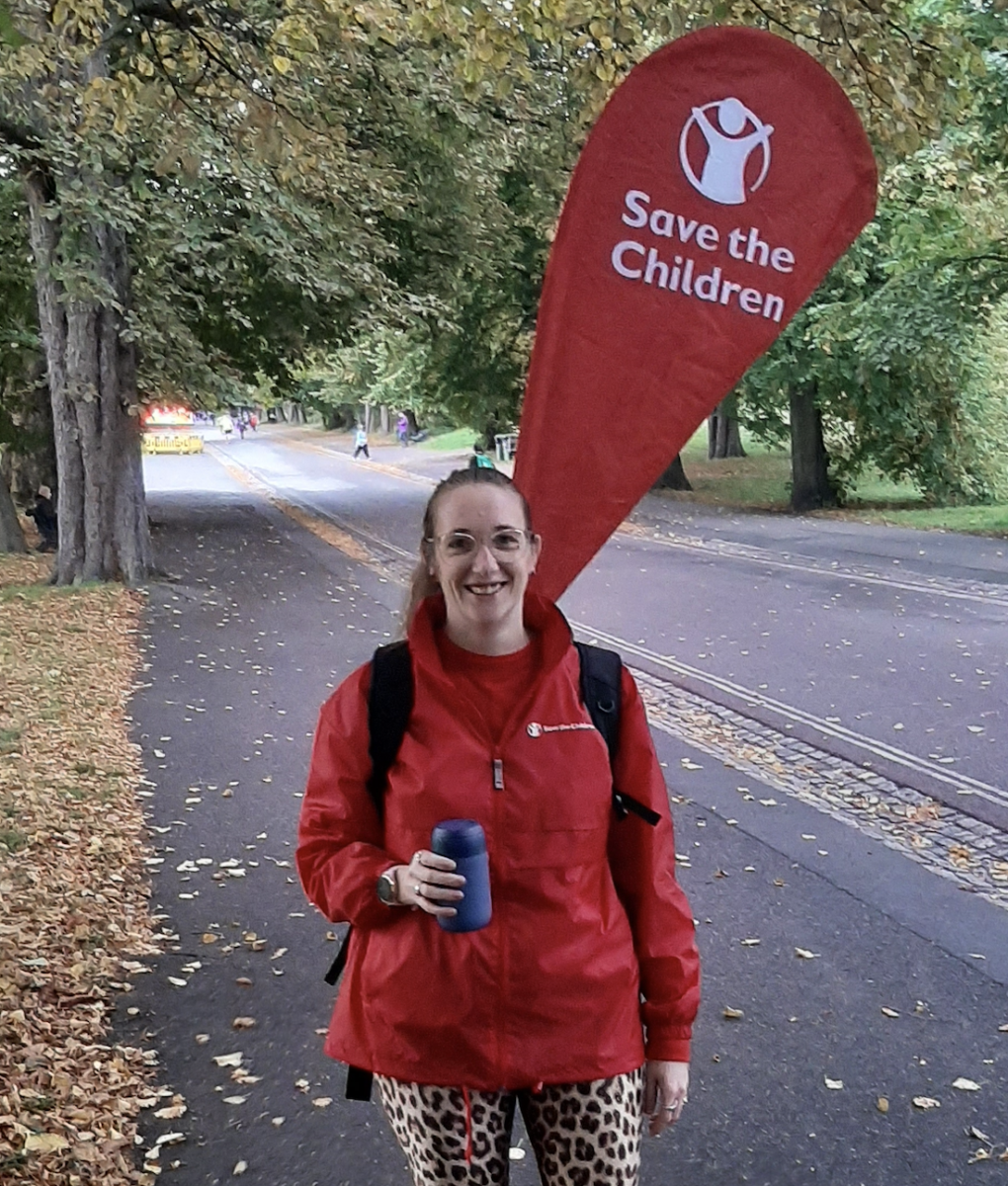

Helen Slee, Senior Regional Fundraising Specialist, Save the Children UK, says retention of supporters long-term comes down to giving them the best possible journey.
“Over the past four years we have seen a significant decline in volunteer-led fundraising branches, which has created a greater need to identify opportunities for growth across our community portfolio. Our focus has been on ensuring supporters have the best journey possible to retain long term fundraisers. Through creativity and aligning with wider comms projects we’ve ensured we are staying relevant and have managed to keep our supporter base despite the shift in UK giving.
“During the pandemic individuals who were doing ‘In Aid of Fundraising (IAOF)’ – when a supporter chooses to do a fundraiser their own way – increased hugely. We focused on ensuring these fundraisers had a strong supporter journey and put them front and centre of our growth strategy – ultimately resulting in an increase of repeat fundraisers. We understand our fundraisers and how they want to see the impact their fundraising makes and feel part of creating lasting change. Communicating this was crucial to acquire and retain repeat fundraising supporters.
“This year, we’ve launched a new fundraising proposition called the ‘FUTURE100’: a powerhouse community of 100 fundraisers, united in solidarity with children everywhere. They use their passions, skills and influence to raise money, build momentum and create lasting change for, and with, children. With our team of community fundraising managers offering an exceptional supporter experience, we know that we cannot only stem the decline in income from branches but bounce back even stronger.”
Catch up regularly with volunteer fundraisers
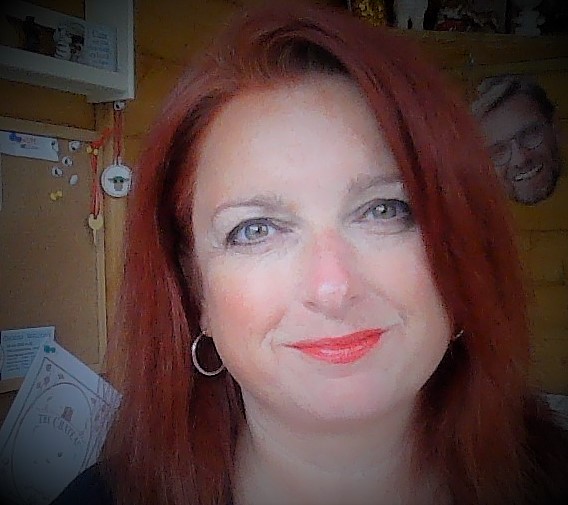

Lindsay Tilston Jones, Head of Community Fundraising at Shelter shares how they keep relationships strong with their volunteers.
“The most important things for us when working with volunteers are making sure that we’re building strong relationships, and that they enjoy working with us, so they keep on supporting us.
“We catch up regularly with volunteers, getting to know them and what makes them tick so we can be more tailored with our fundraising and keep them engaged. We’re also keen that we provide value back to our volunteers. For example, we recently did a bucket collection at a comedy show and invited along some of our volunteers – we then arranged for them to attend the show as well, and even got to meet the stars, something they all really enjoyed!”
Keep asking how you can support
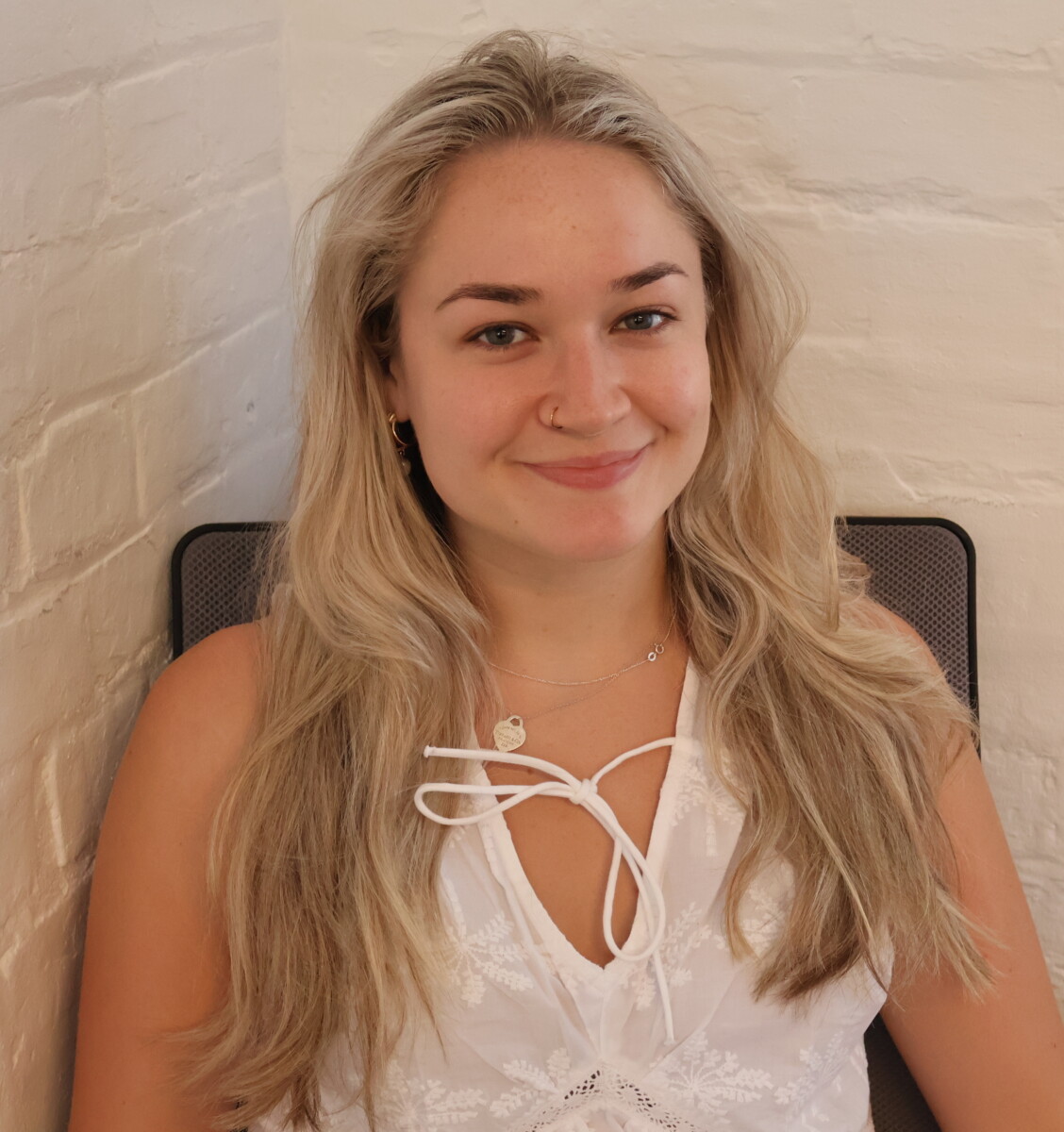

Tasha Mann, Community Fundraising Manager at Spread a Smile, says thoughtful stewardship is key.
“Community fundraising is all about building relationships. Take the time to understand your supporters’ stories and why they’re passionate about your cause. Make them feel like an essential part of your charity’s journey by providing regular updates and thoughtful stewardship. To truly retain supporters, your cause needs to become part of their DNA.
“Don’t assume you know what they need – ask them! Do your best to accommodate. When supporters feel that you’re going above and beyond for them, they’ll do the same in their fundraising. For example, we had a supporter organise a group hiking challenge in Scotland. We sent the organiser a good luck package with some extra Scottish-themed goodies timed to arrive on her birthday. The group raised over £6,000 and is now planning another trek for us. These small gestures go a long way, showing your supporters just how much you appreciate their efforts.”
![]()
![]()






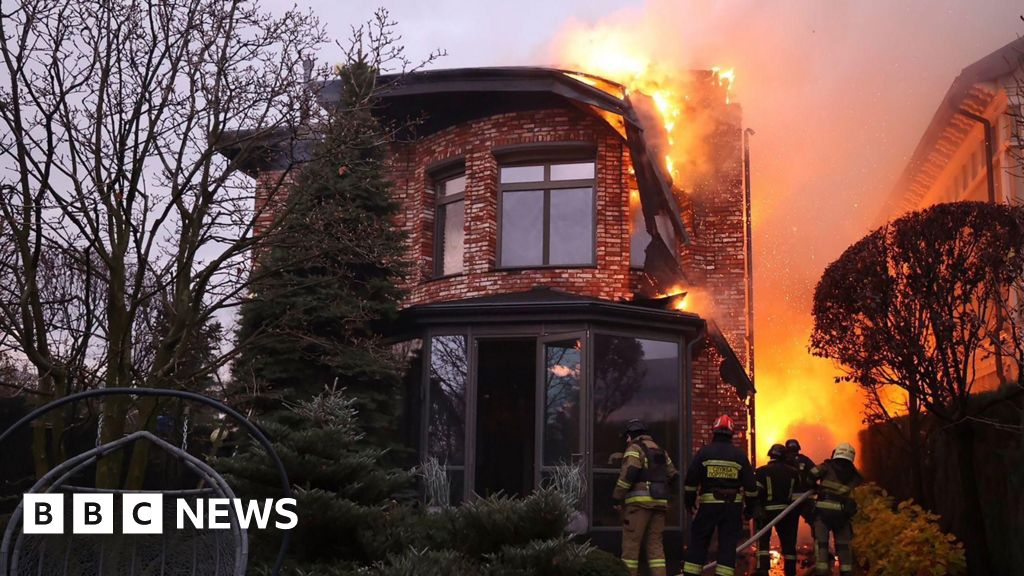

:quality(85):upscale()/2024/11/21/717/n/49351780/67b66a0f673f5c06960a22.15371856_.jpg)
